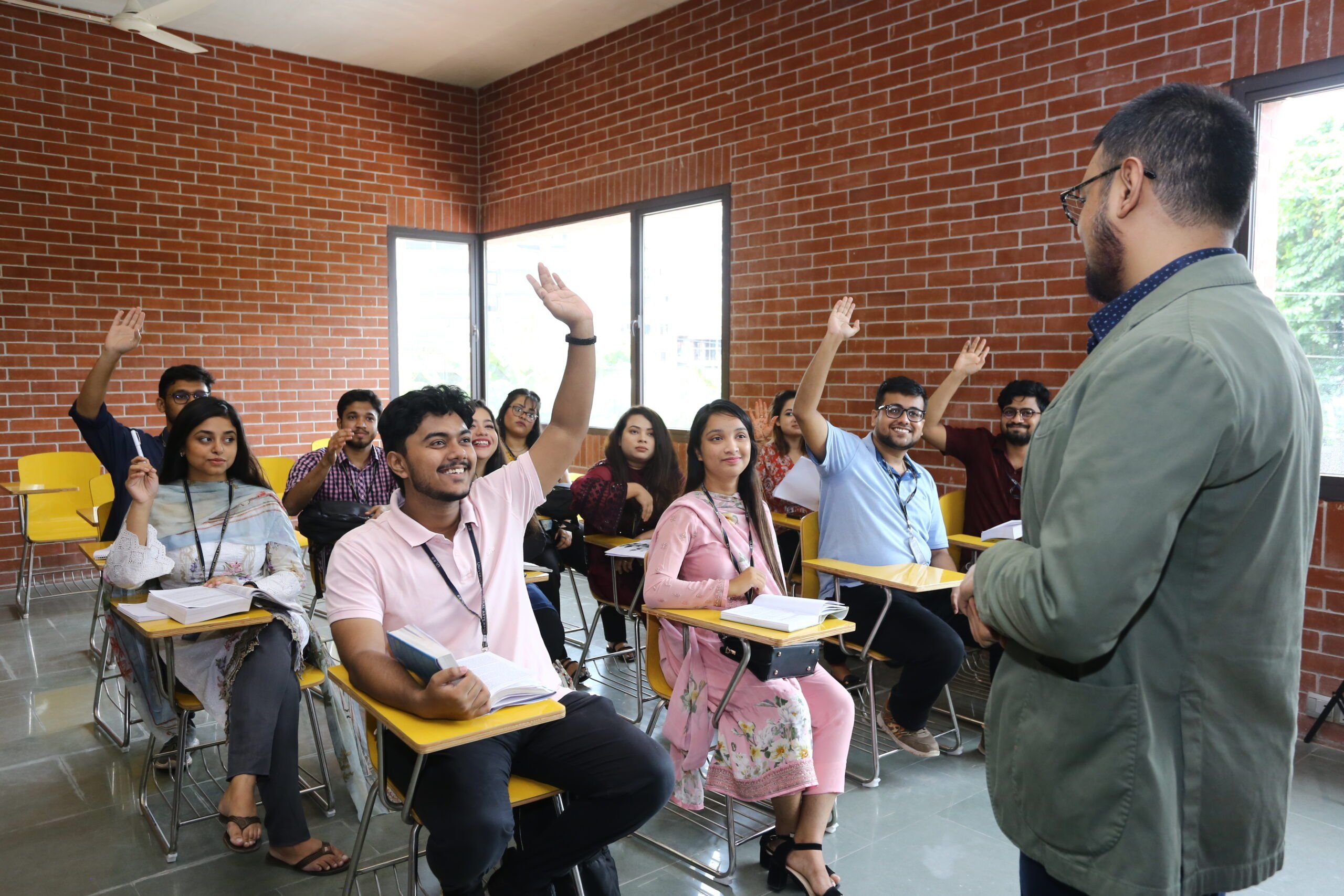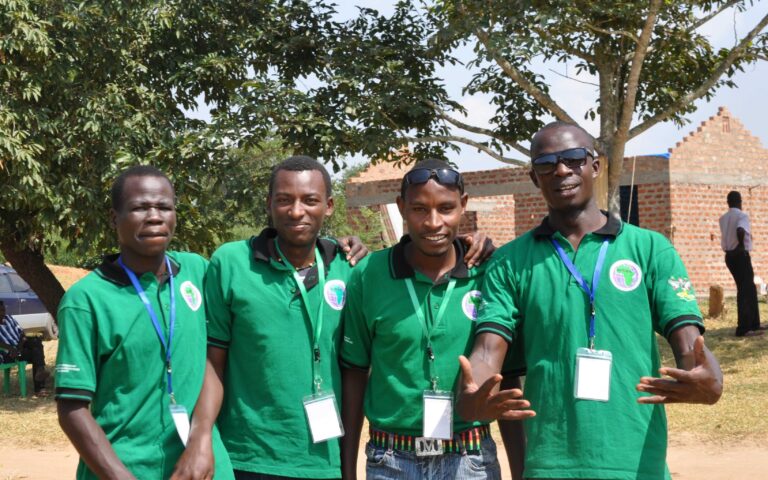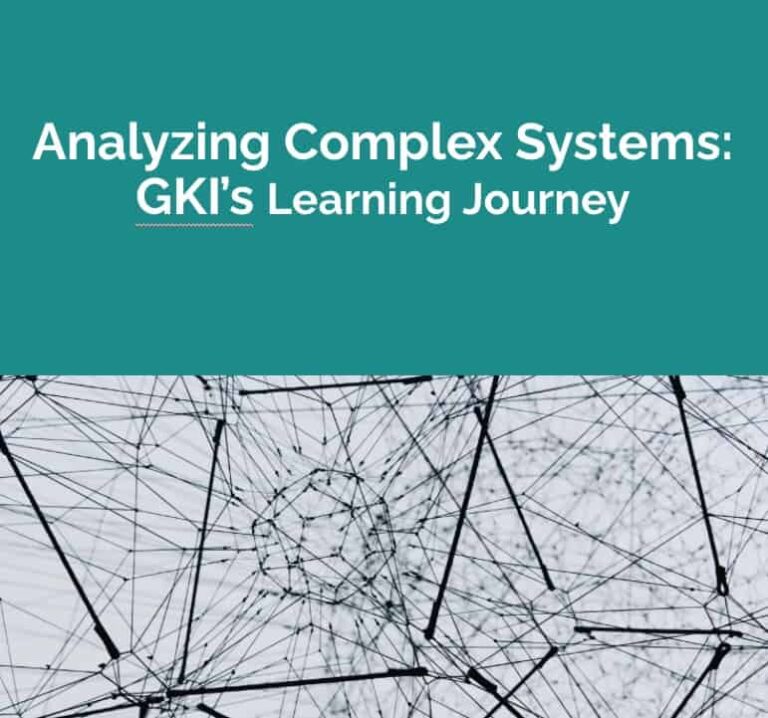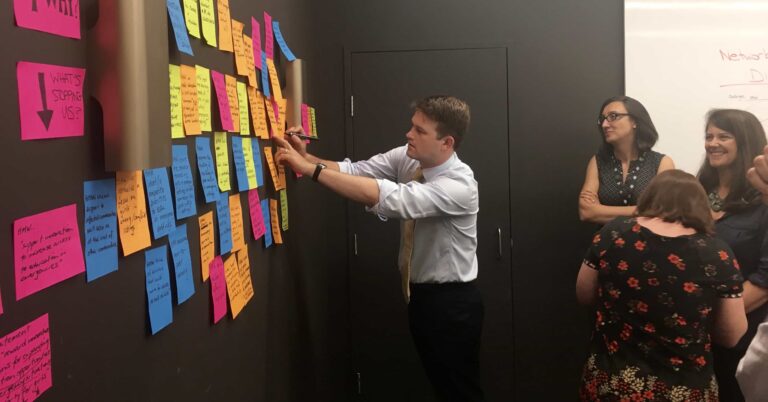Finalist Feature: University of Liberal Arts, Bangladesh
Written by the University of Liberal Arts, Bangladesh and GKI team members
The USAID-supported Accelerating Innovation for Resilience (AI4Resilience) Challenge supports the co-creation of solutions to strengthen the ecosystem for innovations fostering community-led humanitarian response and long-term resilience. The program is currently being piloted in Bangladesh. This article features one of ten solutions our Challenge Finalist organizations are designing and prototyping. Follow the AI4Resilience Challenge on LinkedIn.
The COVID-19 pandemic is disrupting every aspect of people’s lives in an unprecedented manner. An inclusive response to and recovery from the crisis requires an integrated approach to public governance that anticipates the impact of response and recovery measures across different age cohorts.

Local youths are continually left out of the humanitarian action agenda, even though they’re critical responders in humanitarian crises.
“Despite urban youth’s ability to significantly contribute to crisis response, they lack an enabling environment and support system to efficiently convert their skills into valuable humanitarian resources.”
The proposed concept by ULAB plans to strengthen urban young people’s capacities to be influential humanitarian actors and support local youth-led initiatives and organizations in humanitarian response through these humanitarian actors. It also plans to support systematic engagement and partnership with urban youth in all phases of humanitarian action, especially decision-making and budget allocations.
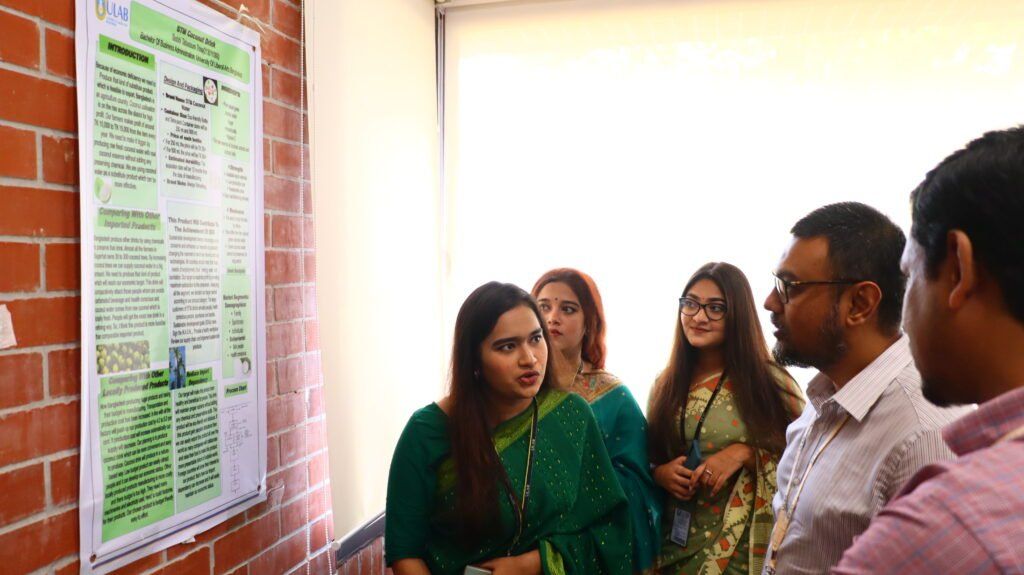
Follow along the University of Liberal Arts, Bangladesh’s journey and their youth network training program on their Facebook page and GKI’s social media channels.

